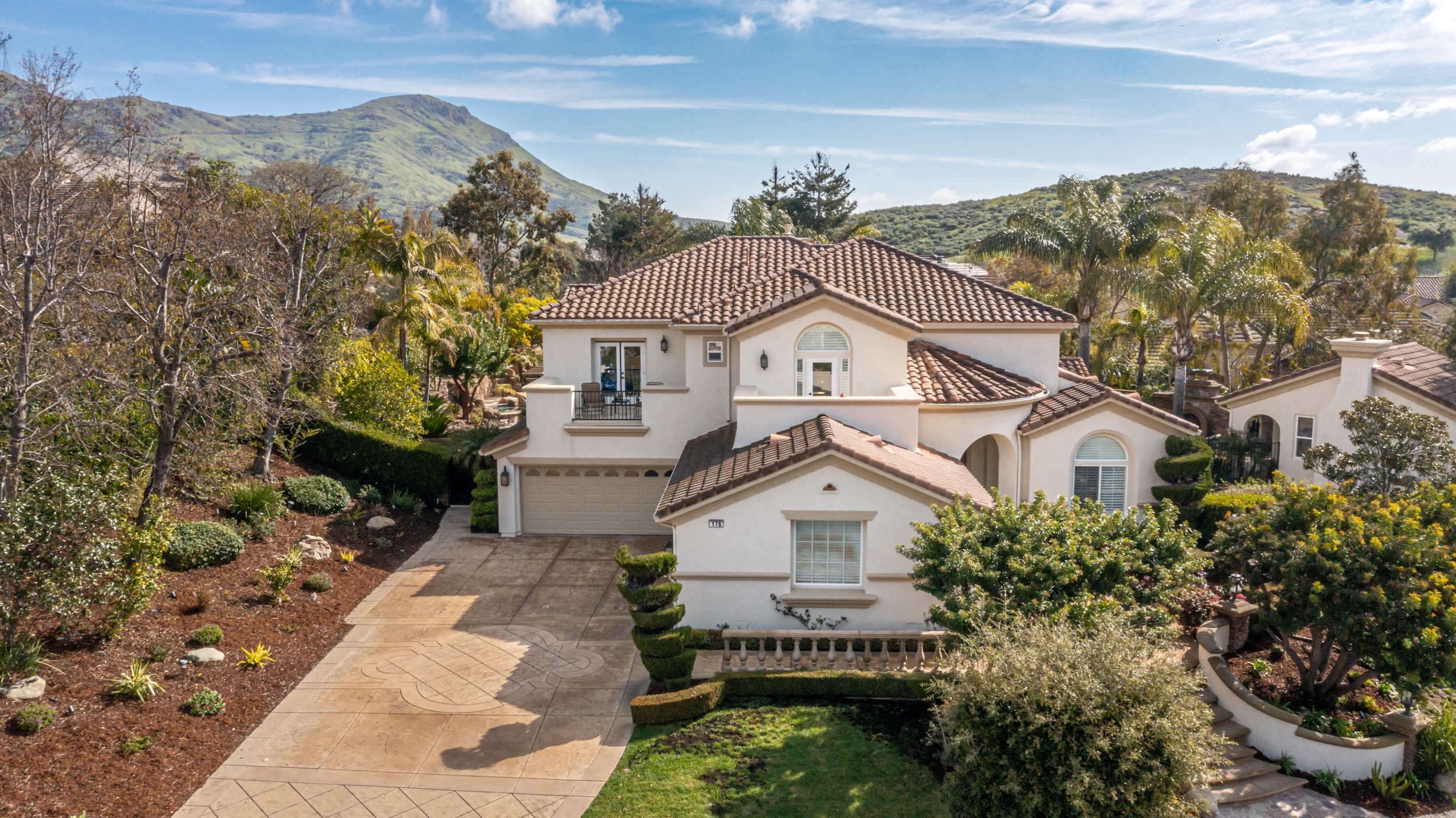The decision to purchase a home is significant and often influenced by various factors, including prevailing interest rates. In recent times, interest rates have been on the rise, prompting potential homebuyers to consider the implications of purchasing in a high-interest rate environment. Let’s delve into the advantages and disadvantages of buying a home when interest rates are climbing to help you make an informed decision.
Pros of Buying During High-Interest Rate Periods:
- Locking in a Property Now: Buying a home during a period of rising interest rates allows you to lock in a mortgage rate before they potentially climb even higher. This secures your rate and shields you from future increases.
- Increased Serious Buyers: High-interest rates may deter some buyers, leading to reduced competition. As a result, sellers may be more open to negotiations, potentially increasing your chances of securing a favorable deal.
- Potential Price Adjustments: In a rising rate market, there might be a chance for more realistic property pricing. Sellers may adjust prices to attract serious buyers, presenting opportunities for buyers to find properties at slightly reduced costs.
- Building Equity Sooner: Despite higher rates, purchasing a home sooner allows you to start building equity. Over time, property values tend to appreciate, providing an opportunity for long-term financial growth.
Cons of Buying During High-Interest Rate Periods:
- Reduced Purchasing Power: Higher interest rates can decrease your purchasing power, meaning you might qualify for a smaller loan amount than you would at lower rates. This could limit your options or require a larger down payment.
- Increased Monthly Payments: Rising interest rates result in higher monthly mortgage payments. This could strain your monthly budget or force you to reconsider the size or type of home you can afford.
- Limited Inventory: In some cases, high-interest rate periods coincide with limited housing inventory. With fewer available properties, buyers may face challenges finding a home that meets their needs within their budget.
- Potential Market Volatility: Rising interest rates can sometimes signal economic changes that may lead to market volatility. This uncertainty might affect the real estate market, impacting home prices or the availability of mortgage loans.
Conclusion:
Buying a home during a high-interest rate period involves a balancing act between securing a property at current rates and managing potential limitations in purchasing power. It’s crucial to weigh these pros and cons carefully, considering your financial situation, future plans, and long-term housing needs.
Remember, while interest rates are a significant factor, other aspects such as location, property condition, and your personal circumstances also play crucial roles in your home buying decision.
Seeking advice from a knowledgeable real estate professional and a financial advisor can provide valuable insights tailored to your specific situation, helping you make a well-informed decision when navigating the real estate market during high-interest rate periods.
Happy house hunting!

 Facebook
Facebook
 X
X
 Pinterest
Pinterest
 Copy Link
Copy Link


